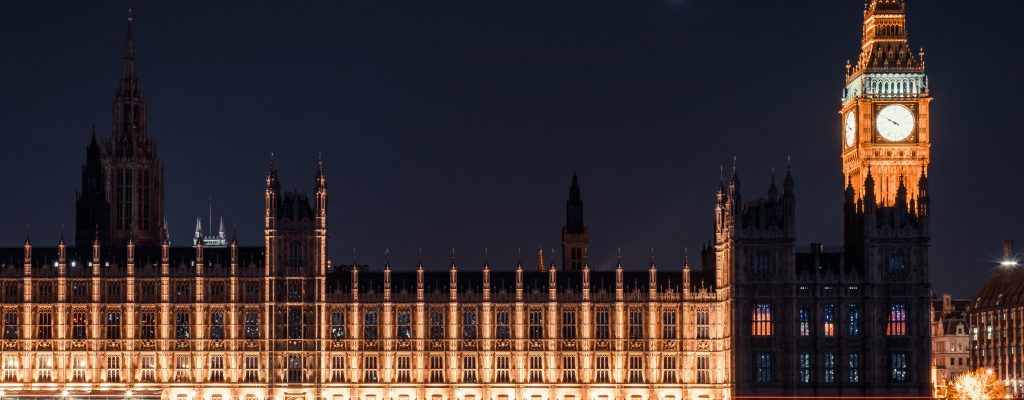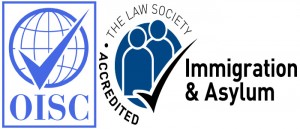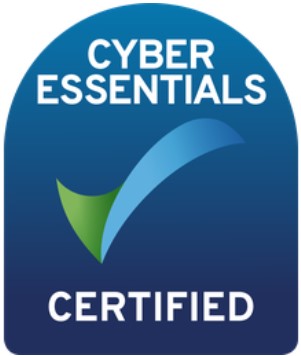
British Nationality
If you are settled in the UK, you can stay here without any time limit, whatever your nationality. You do not have to become a British citizen, subject to complying with the Immigration Rules. However, many people who have made the United Kingdom as their permanent residence wish to apply for British citizenship.
Citizenship
Although there are many forms of British nationality, British citizenship is the only one that allows you to live and work in the UK without a visa. Other forms of British nationality are: British overseas citizenship; British overseas territories citizenship; British national (overseas); British protected person; and British subject. If you are eligible for a British nationality other than citizenship, you may become a naturalised British citizen.
Standard Eligibility Requirements:
- Be over 18 years of age
- Be of sound mind
- Intend to continue living in the UK, or to continue in Crown service, the service of an international organisation of which the UK is a member, or the service of a company or association established in the UK
- Have sufficient proficiency in the English, Welsh, or Scottish Gaelic language
- Have sufficient knowledge of life in the UK
- Be of good character
- Meet the residential requirements
Residency Requirements:
- 5 year continuous residence in the UK before the date of your application
- Not spent more than 450 days outside of the UK during this 5 year period
- Not spent more than 90 days outside of the UK in the year before applying
- Have been living within the laws of the UK Immigration Rules during the entirety of this 5 year period
Married to a British citizen
Eligibility Requirements:
- Be over 18 years of age
- Be of sound mind
- Have sufficient proficiency in the English, Welsh, or Scottish Gaelic language
- Have sufficient knowledge of life in the UK
- Be of good character
- Meet the residential requirements
- Your husband, wife or civil partner is an in the Crown or designated service outside of the UK
Residency Requirements:
- 3 years continuous residence before the date of applying
- Not spent more than 270 days outside of the UK during the 3 year residency requirement
- Not spent more than 90 days outside of the UK in the year before applying
- Have been living within the laws of the UK Immigration Rules during the entirety of this 3 year period
Form AN is the application for naturalisation as a British citizen. You will fill out the application according to your specific eligibility. You will be required to provide such information as: biographical data; proof of residency requirements; and employment information. If you are an EEA national, Swiss national, or the child, spouse, or civil partner of a UK citizen, you will need to provide evidence of this relationship.
Children and other dependants
- Child under 18 years of age
- Husband or wife or civil partner
- Unmarried or same-sex partner
Indefinite Leave to Remain (ILR)
Settlement Protection Route
Indefinite Leave to Remain Application
- Children under the age of 18 of a parent(s) or relative of a person currently living in the UK with permanent residency
- An adopted child under 18 years of age of a parent or parents who are currently living in the UK and are permanent residents
- The parent, grandparent or other dependant relative 18 years or over of a person who is currently living in the UK and is a permanent resident
- Tier 1 or Tier 2 of the points-based system; this excludes the post-study work category of Tier 1
- Businessperson
- Innovator
- Investor
- Work permit holder
- Representative of an overseas news agency, newspaper or broadcasting organisation
- Self-employed lawyer
- Writer, composer or artist
- Overseas government employee
- UK ancestry
- Domestic worker in a private household
- Private servant in a diplomatic household
- Minister of religion, missionary or member of a religious order
- Airport-based operational staff of an overseas-owned airline
- Highly skilled migrant under the highly skilled migrant programme (HSMP) – however in the instance that the application was made to the HSMP prior to 3 April 2006 entering the UK on the basis of that application, applications can then be made again after being in the UK for only four years.
- Humanitarian protection
- Discretionary leave to remain
- Exceptional leave to remain for anything under four years, or for a series of separate periods that amount to a total of four years.
If you are applying for UK Indefinite Leave to Remain
The Life in the UK Test is mandatory for individuals applying for UK Indefinite Leave to Remain (ILR). As well as passing the Life in the UK test, ILR eligibility criteria require you to also have a speaking and listening qualification in English at B1 CEFR level or higher, or equivalent.
A number of exemptions can apply. You will NOT need to take the Life in the UK test if you:
- Are under 18 years of age or over 65; or
- Are suffering from a long-term illness or disability that severely restricts your mobility and ability to attend language classes; or
- Have a mental impairment which means that you are unable to learn another language.
To qualify for the exemption, you need to complete the online exemption form or provide a letter from a doctor confirming your condition. Visual or hearing impairments are unlikely to exempt you from the test.
Guidance states that “Life in the UK test centres can cater for a variety of disabilities, such as blindness. An applicant may be able to do the test even if they produce evidence of a disability”. As such, you should contact your local test centre when booking your test to make a request to accommodate your disability or specific needs.
Note that illiteracy is not an acceptable ground for exemption.
If you are applying for British Citizenship/Naturalisation
The Life in the UK Test is a mandatory requirement for British citizenship.
The requirement to demonstrate knowledge of life and language in the UK is stated in the law. As such, very few exemptions apply to the Life in the UK Test for citizenship applicants.
In fact, if you were exempt from taking the test when previously applying for ILR, you may now be required to pass the test.
You may be exempt when applying for citizenship if you:
- Have already passed the Life in the UK test as part of your ILR application;
- Are under 18 or over 65 years of age;
- Are suffering from a long-term illness or disability that severely restricts your mobility and ability to attend language classes; or
- Have a mental impairment which means that you are unable to learn another language.
Again, any health grounds for exemption must be confirmed in writing by a doctor or by completing the exemption form.
Note that there are no exemptions based on qualifications, long residence or financial means. Nationals of English speaking countries must also sit the test, although the English language requirement may not be necessary.
Take advice on what the Home Office will accept in your circumstances.
Again, illiteracy is not an acceptable ground for exemption.
Other Immigration Categories
Returning Resident Rules and Entry Clearance
- Were settled within the UK when they last left
- Have been out of the UK for two years or less
- Are returning to be a permanent resident
- Will not be in receipt or expect any public funds to cover finances of residency or leaving the UK
So, if you are looking for a professional law firm in Dunstable, London or Milton Keynes… Call us on 01582751998
Or email us at kam@reliablelawservices.org.uk
Alternatively, you can use the contact form below:


